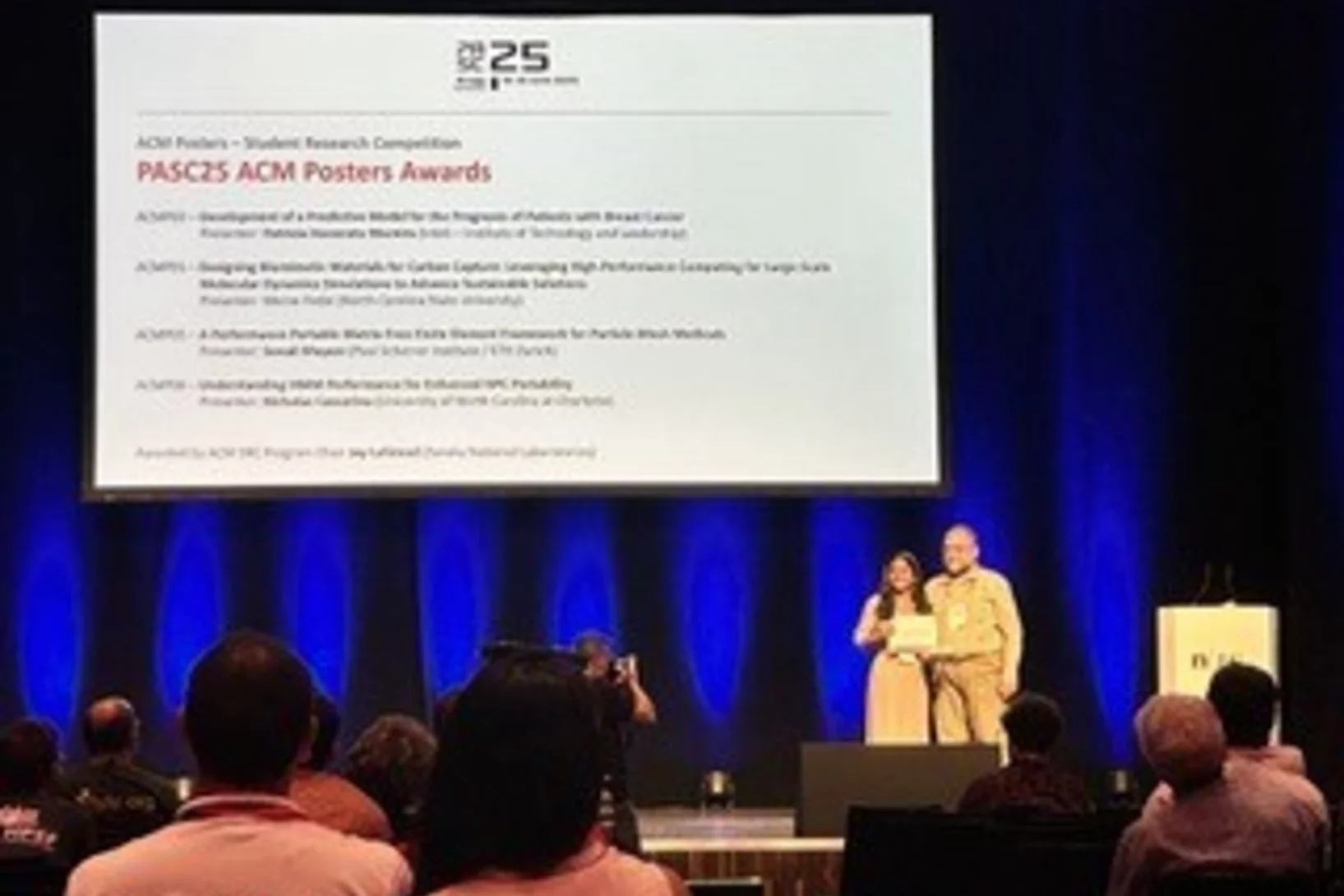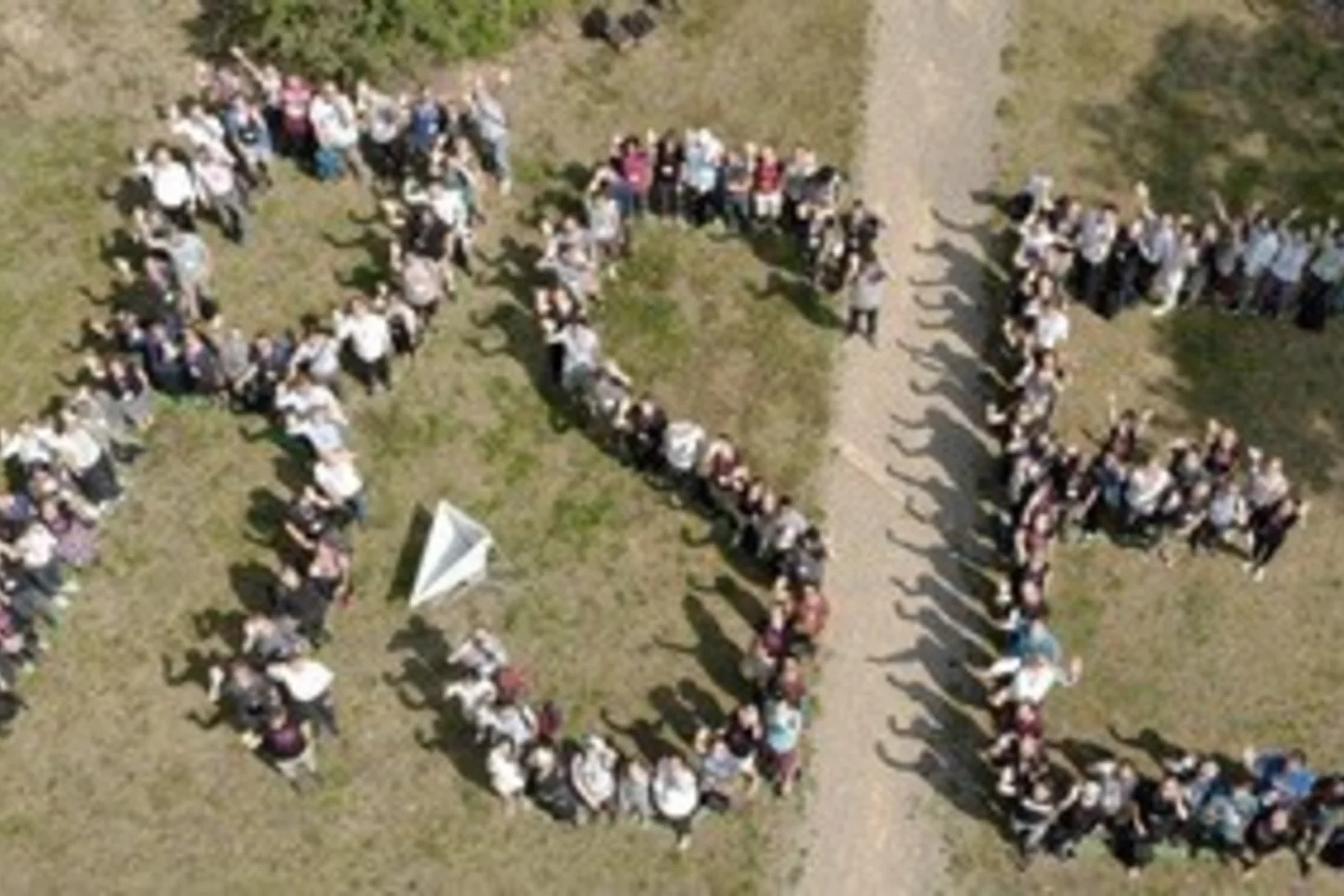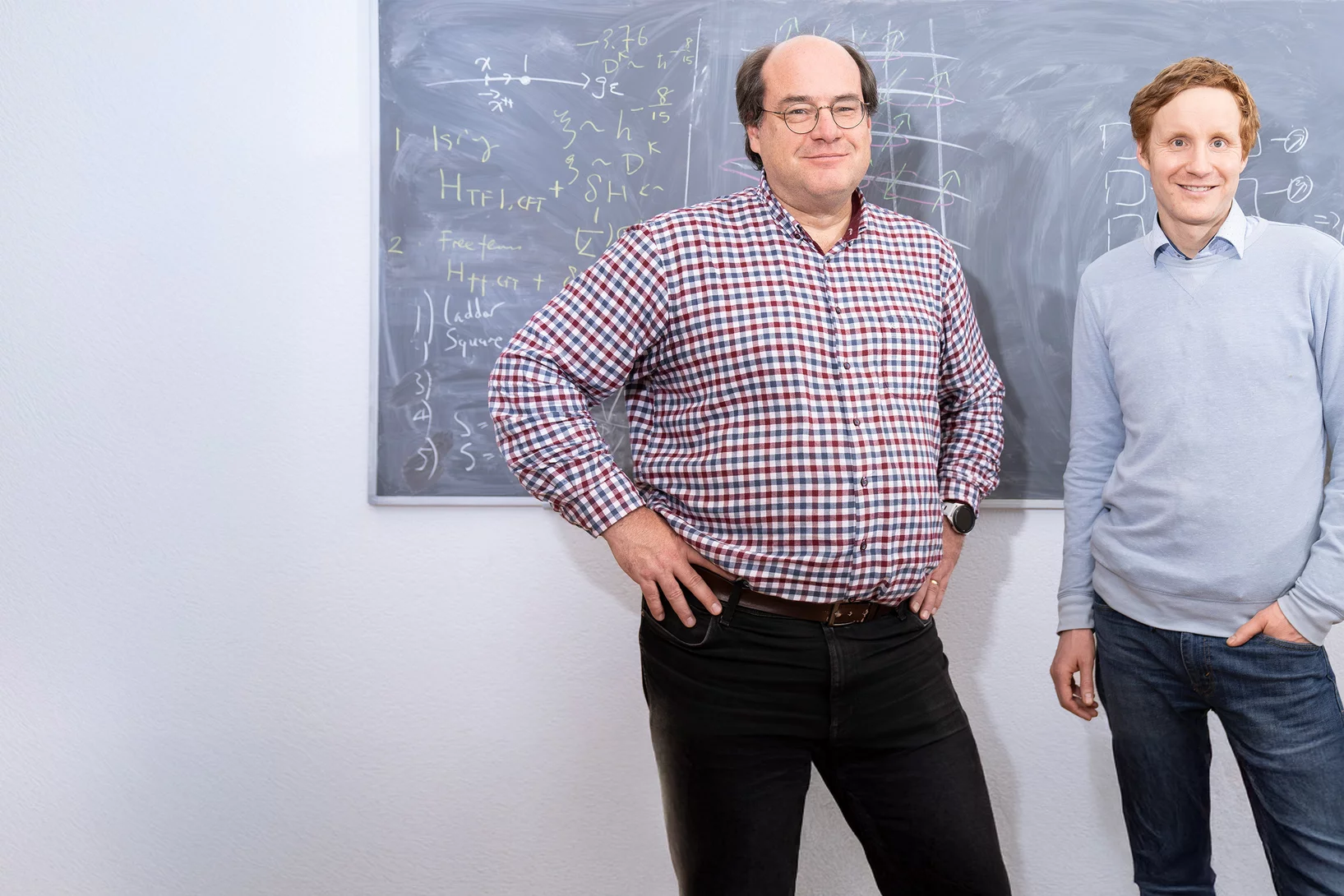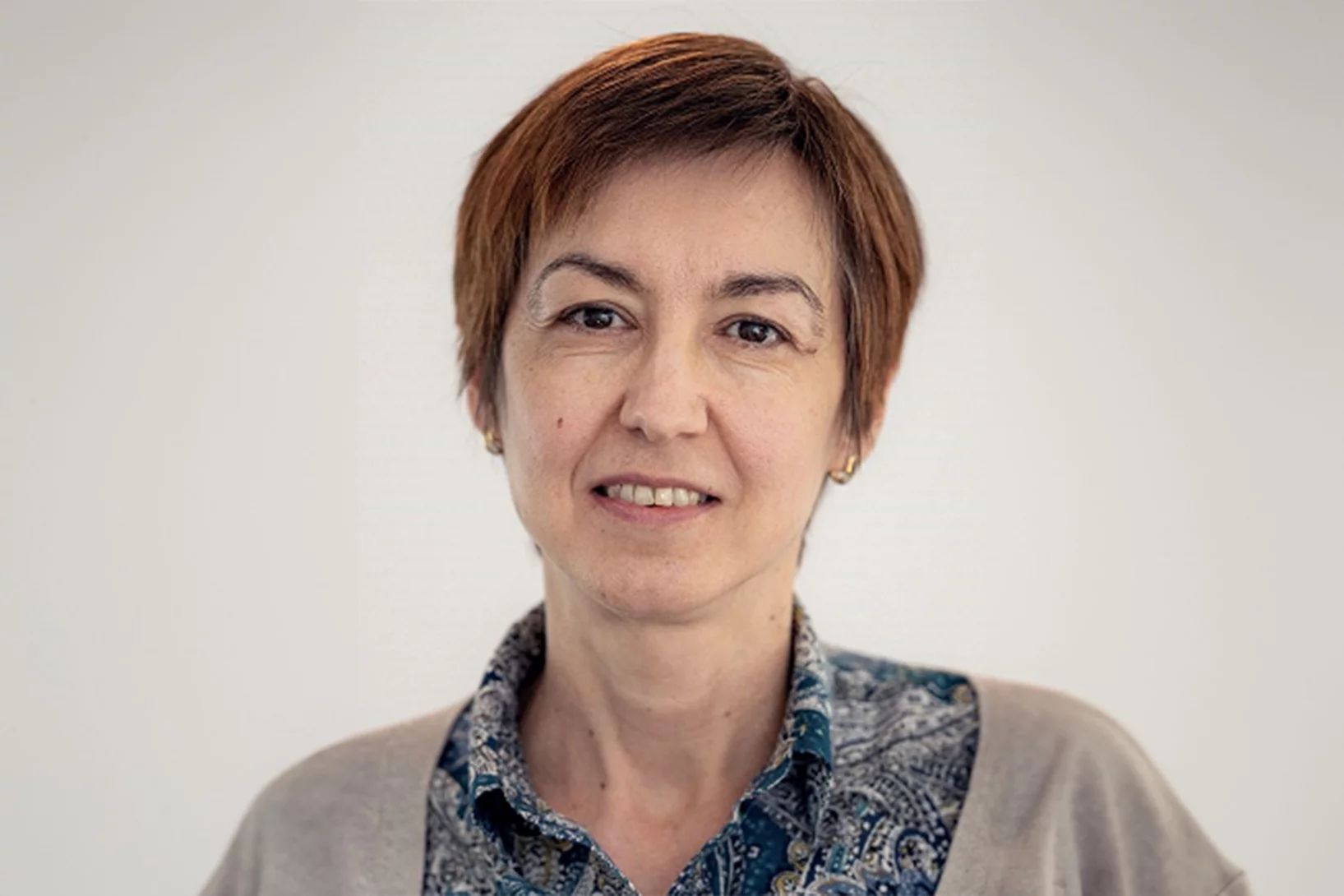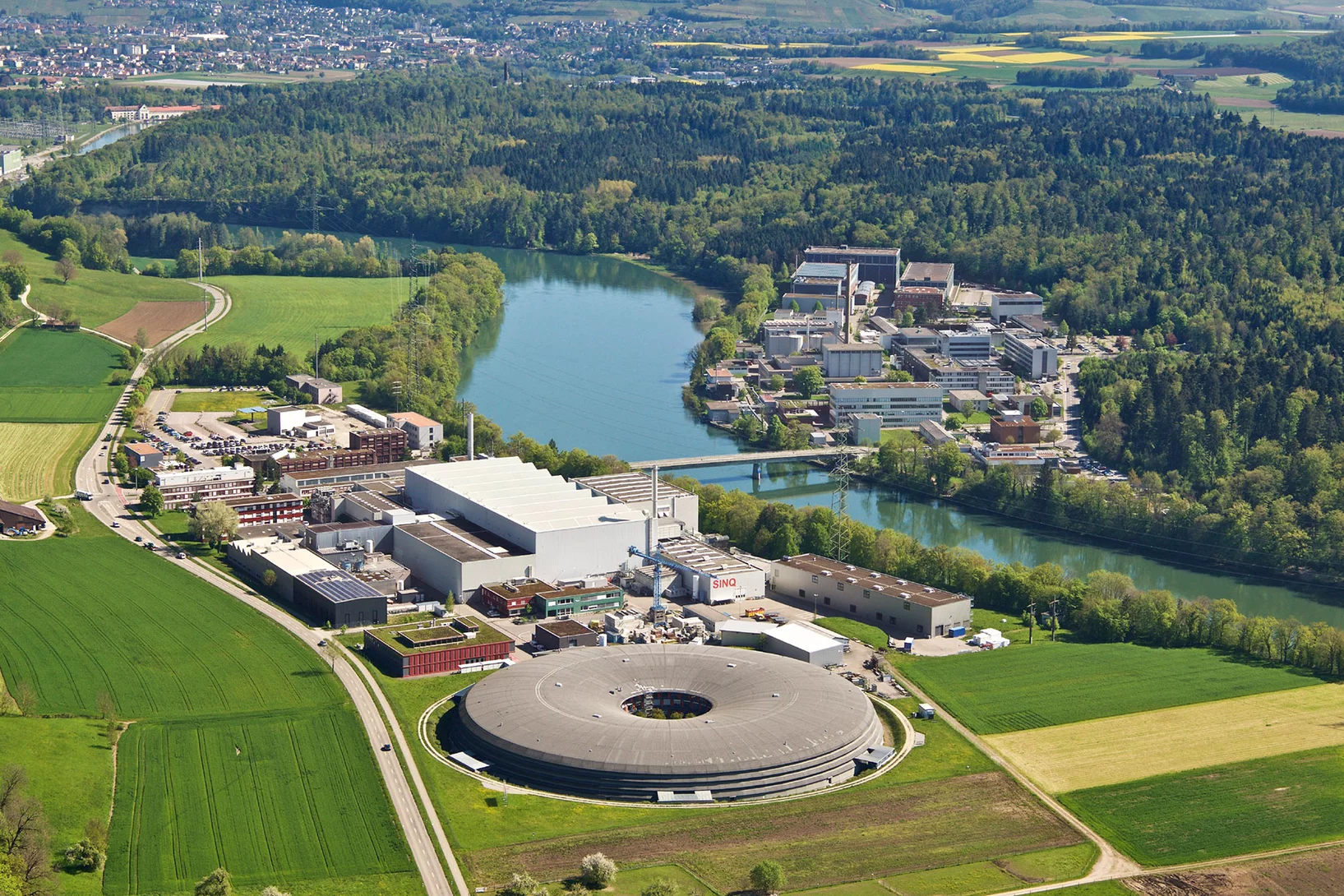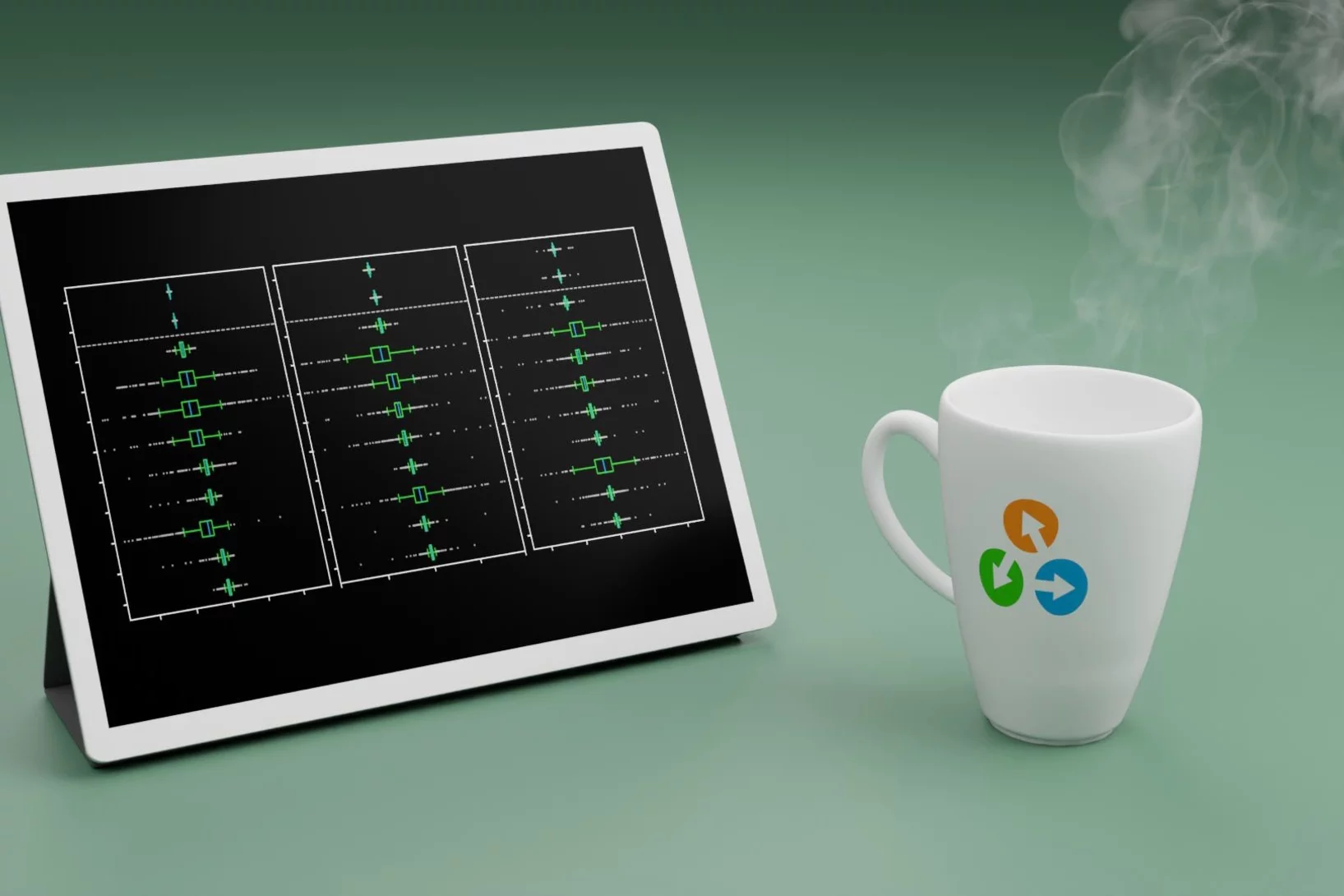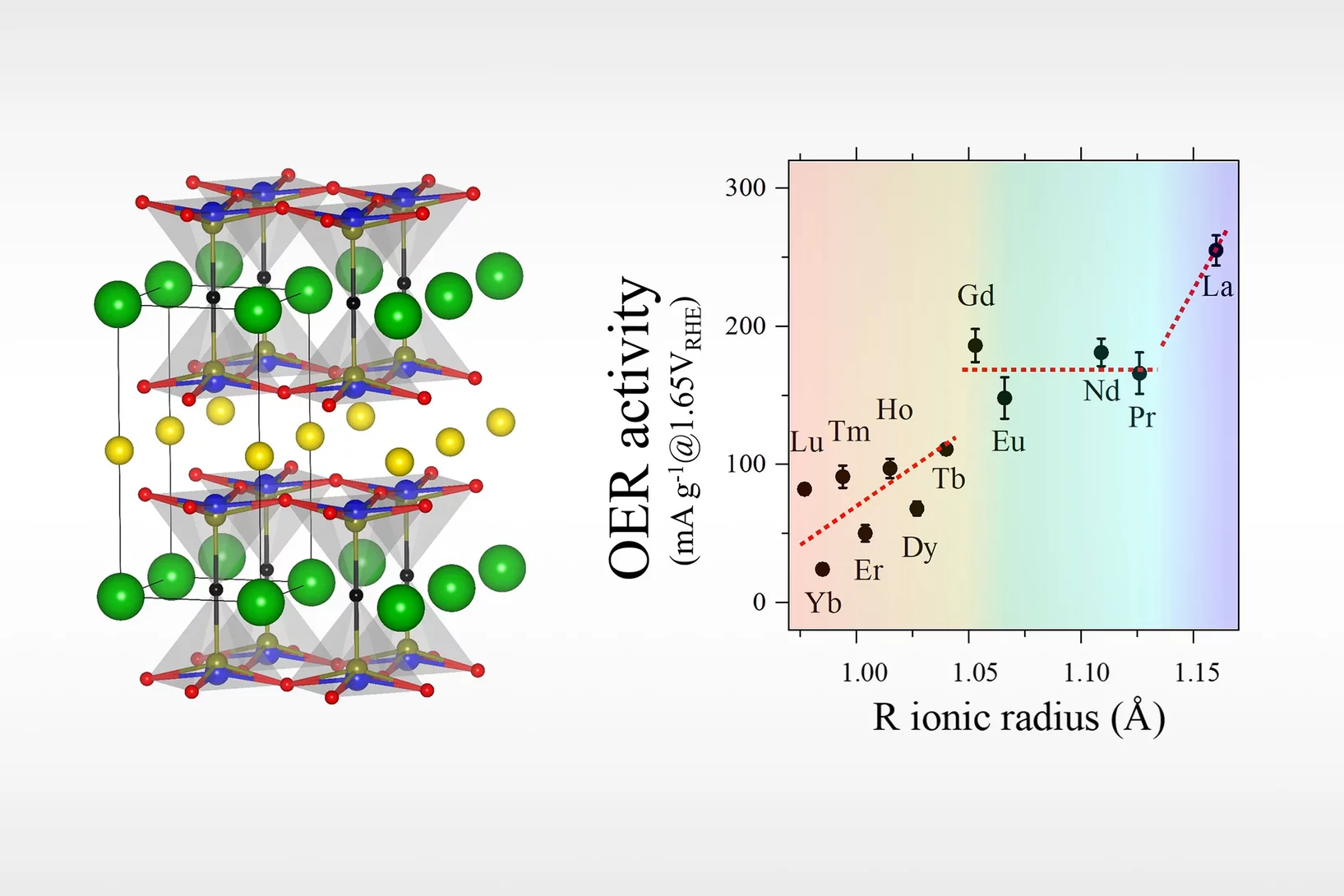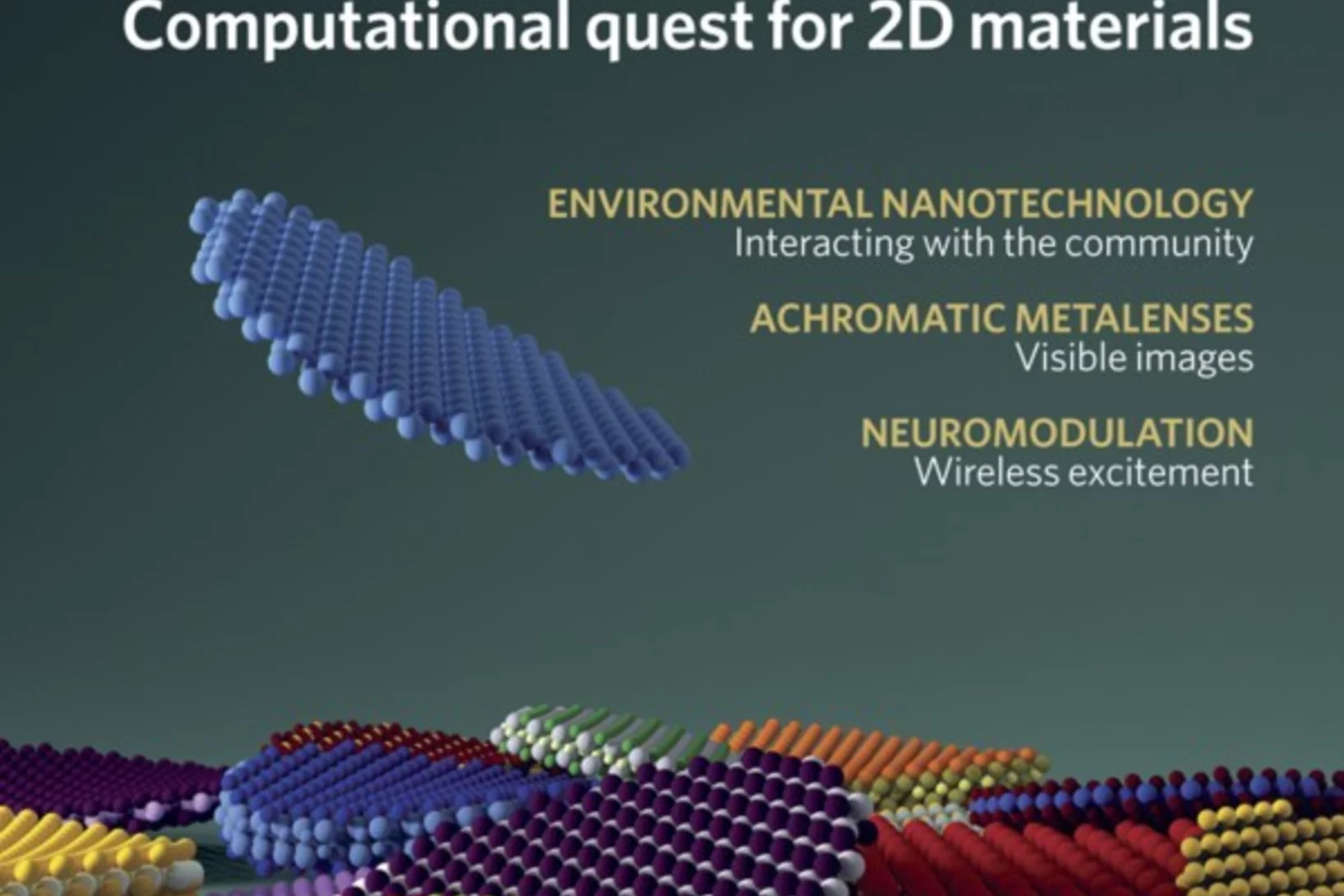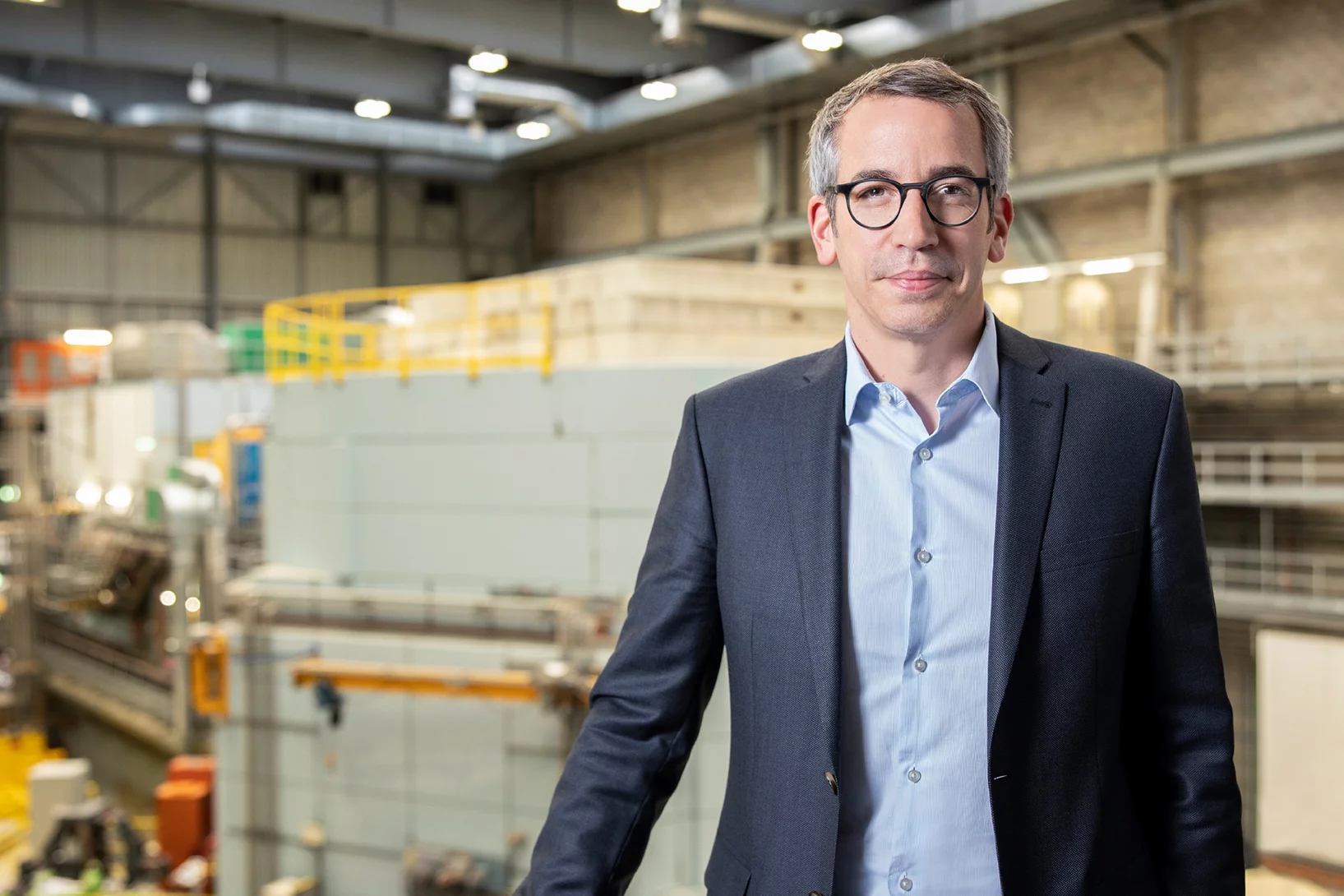Scientific Highlights from Research Division "Scientific Computing, Theory and Data" (SCD)
Scientific Highlights
Congratulations to Sonali for winning the ACM student research competition !
Congratulations to Sonali for winning the ACM student research competition that took place at PASC 2025 in Brugg as part of the SIGHPC ACM SIG conference
Research Software Engineering (RSE) Movement at PSI
The online information event on the “Research Software Engineering (RSE) Movement” at PSI on Wednesday 7th May, 2025 was a quite success with an unexpected high number of 100+ participants!
Unique quantum simulator opens door to new research
PSI physicists have teamed up with Google to build a new type of digital-analogue quantum simulator.
Prof. Laura Grigori wins the SIAM Supercomputing Career Prize
Congratulations to Laura Grigori for being awarded the 2024 SIAM Activity Group on Supercomputing Career Prize in acknowledgement of her "outstanding contributions to scientific computing, particularly communication-avoiding algorithms".
Are you interested in working at the Scientific Computing, Theory and Data division at the PSI?
We invite you to join us at the Paul Scherrer Institute, one of Europe's premier multidisciplinary research centres. Since its establishment in 1988, PSI has been dedicated to advancing scientific discovery across various fields. The Scientific Computing, Theory and Data (CSD) division at PSI serves as the core of computational science and data analysis at our institute, playing an important role in supporting research across all scientific disciplines.
New Nat. Rev. Phys. publication: A “gold standard” for computational materials science codes
A large consortium of scientists, coordinated by PSI researchers in the LMS laboratory, led the most comprehensive verification effort so far on computer codes for materials simulations, providing their colleagues with a reference dataset and a set of guidelines for assessing and improving existing and future codes.
Cobalt-free layered perovskites RBaCuFeO5+d (R = 4f lanthanide) as electrocatalysts for the oxygen evolution reaction
Co oxides with perovskite-related structure are particularly promising, cost-effective OER catalysts. However, the increasing Co demand by the battery industry is pushing the search for Co-free alternatives. Here we investigate the potential of the Co-free layered perovskite family RBaCuFeO5+δ (R = 4f lanthanide), where we identify the critical structural and electronic variables leading to high OER catalytical performance. The employed methodology, based in the use of advanced neutron and X-ray synchrotron techniques combined with ab initio DFT calculations allowed to reveal LaBaCuFeO5+δ as new, promising Co-free electroctalyst. Moreover, we could show that this material can be industrially produced in nanocrystalline form. We believe that the reported results and methodology may contribute to the implementation of new technologies aimed to generate energy with lower carbon emissions, and can also inspire the scientific community in their search of other Co-free materials with good OER electrocatalytical properties.
MARVEL team wins inaugural PRACE HPC Excellence award
The first ever PRACE (Partnership for Advanced Computing in Europe) HPC Excellence Award has been awarded to a team led by Professor Nicola Marzari, head of Theory and Simulation of Materials at EPFL's School of Engineering and Materials Simulations at PSI, and director of NCCR MARVEL. The € 20,000 award is given to “an outstanding individual or team for ground-breaking research that leads to significant advances in any research field through the usage of high-performance computing”, and recognizes the team’s effort in the discovery and characterization of novel two-dimensional materials.
New research division at PSI points to the future of data
PSI is establishing a new research division: Scientific Computing, Theory, and Data.

